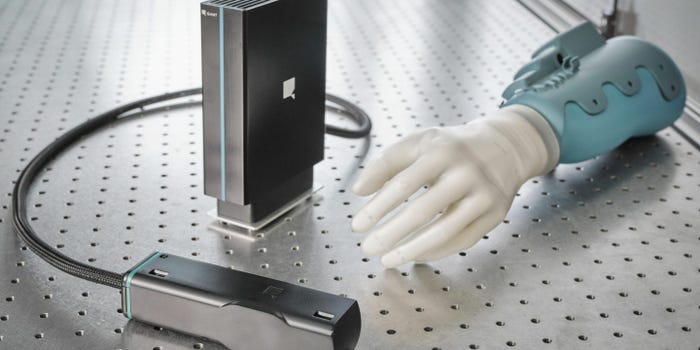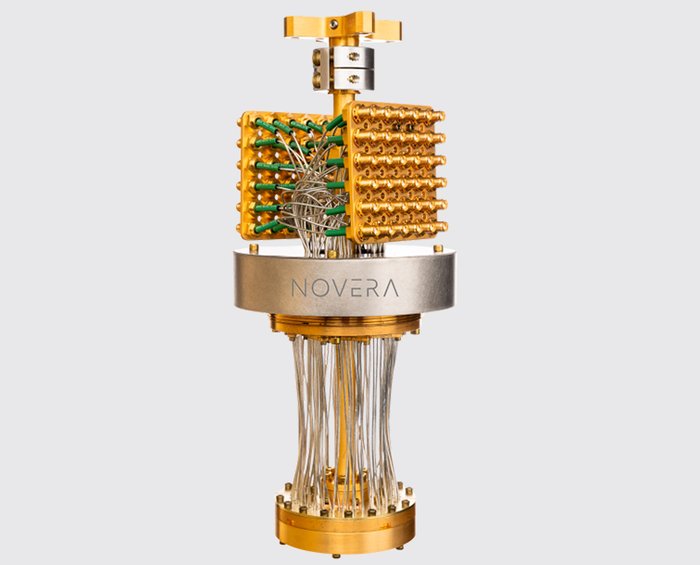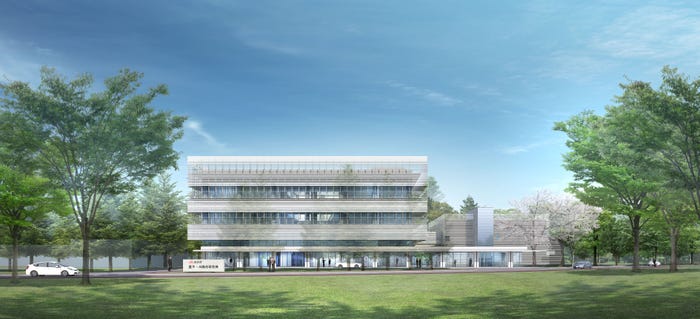
Connects decision-makers and solutions creators to what's next in quantum computing
Fujitsu and Osaka University Make Error Correction Breakthrough
New architecture could represent a step closer to practical quantum computing
March 29, 2023

Fujitsu and Osaka University have developed an efficient quantum computing architecture that could be a significant step forward in realizing practical quantum computing. The new architecture reduces the number of physical qubits required for quantum error correction, a prerequisite for achieving fault-tolerant quantum computing, from 1 million to 10,000 qubits.
This innovation will enable the development of a quantum computer with 10,000 physical qubits and 64 logical qubits, which equates to a peak computing performance of about 100,000 times greater than current high-performance computers.
Some experts state that the development of practical, fault-tolerant quantum computers depends on using logical qubits composed of multiple physical qubits. Researchers estimate they will need more than 1 million physical qubits to realize a fault-tolerant quantum computer.
Current quantum processors use far fewer than 10,000 physical qubits so do not offer practical fault-tolerant quantum computing. Quantum computers using conventional architecture for quantum error correction can only perform calculations on a scale far below that of classical computers.
To solve these challenges, Fujitsu and Osaka University created a new, highly effective analog rotation quantum computing architecture.
This architecture will allow quantum computers with 10,000 physical qubits to outperform current classical computers and significantly reduces the number of physical qubits needed for quantum error correction. It also serves to advance the development of accurate, fault-tolerant quantum computing.
The newly developed computing architecture will enable the development of a quantum computer with 10,000 physical qubits and 64 logical qubits, which equates to computing performance 100,000 times greater than the peak performance of conventional high-performance computers.
About the Author(s)
You May Also Like






